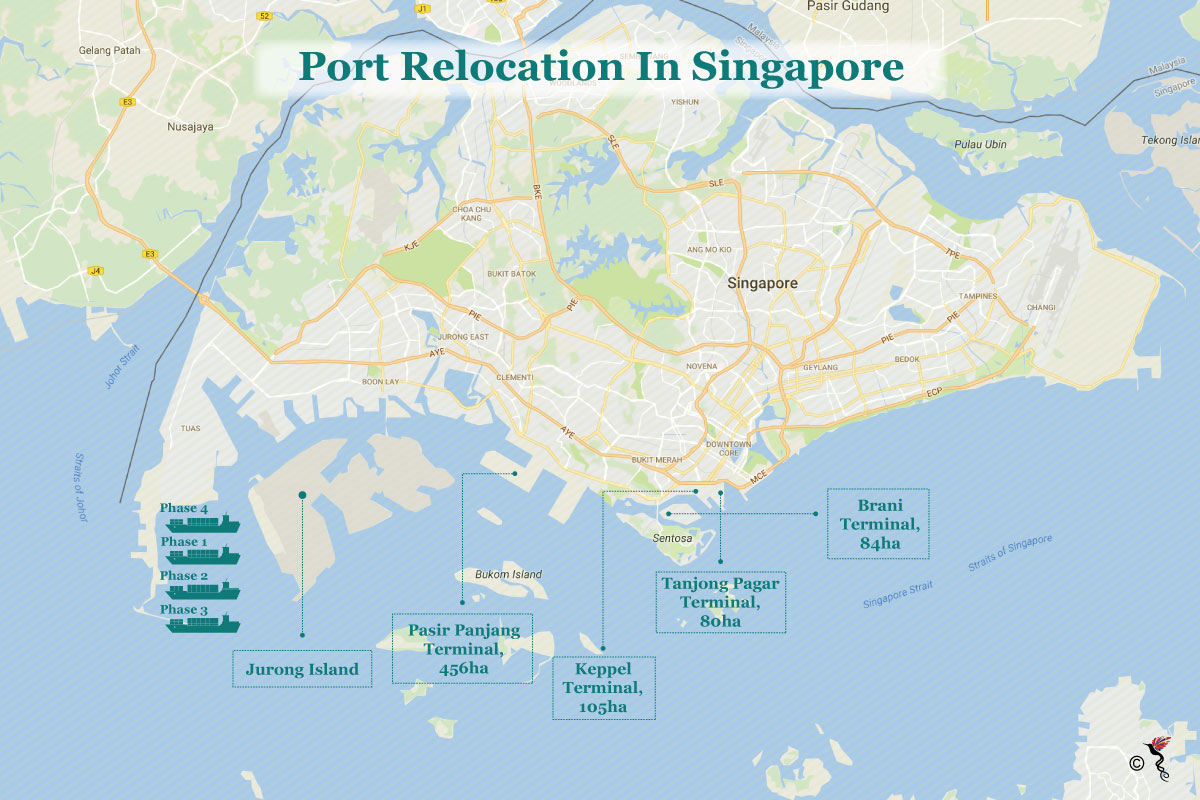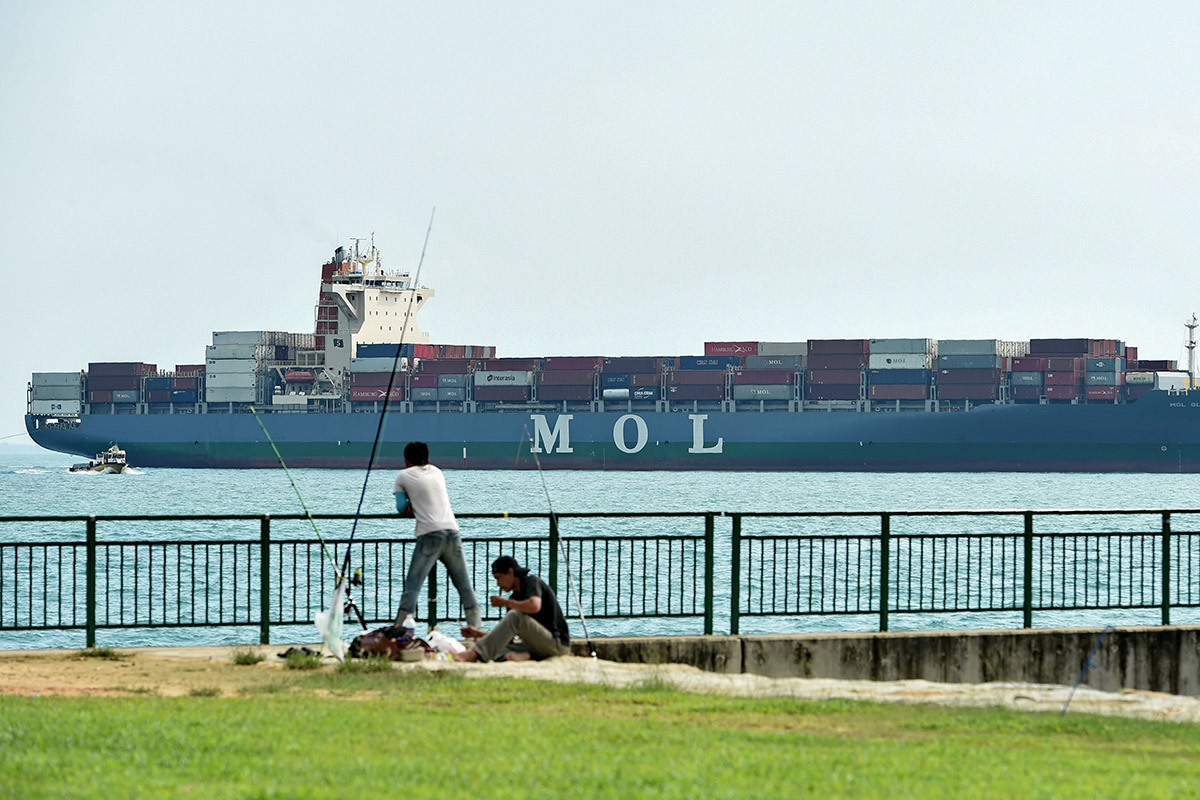Following the US's departure from the TPP (Trans-Pacific Partnership) trade deal earlier this year, many ASEAN countries are now turning their focus to the RCEP (Regional Comprehensive Economic Partnership). While RCEP is largely seen to be led by China, the Asian superpower is also capitalising on the partnership deal to further its international trade routes through BRI (Belt and Road Initiative).
This has spurred major infrastructure projects particularly in the Southeast Asian region. The most prominent project is the relocation of Singapore's existing port in Tanjung Pagar to the Tuas mega port. Divided into four phases, the mega port is expected to be fully operational upon its completion by 2040. It is also expected to be twice the size of the Ang Mo Kio town – the third most populated residential town in Singapore that stretches across 13.94 square kilometres.
According to The Straits Times, the Tuas mega port will be able to handle up to 65 million standard containers of cargo a year, which is more than double of what the existing port handled in 2017. Currently, reclamation work is ongoing for two out of the four phases of the development while more than three kilometres of caisson has already been installed to form the wharf.
Singapore's port was also being touted as one of the busiest seaports in the world by Singapore's Prime Minister Lee Hsien Loong in a Facebook post published on October 16, 2017. He added, "our port and strategic location are a big part of Singapore’s success. But with ports in the region competing for business, and new trade routes opening up, we cannot rest on our laurels. The Tuas mega port will strengthen our international maritime hub. We must do all we can to keep the path ahead smooth sailing!"

The Singapore port will be relocated to a new location in Tuas, which is west of the island nation.
On the other side of the Straits of Malacca, Port Klang – Malaysia's largest port – suffered a major blow when Ocean Alliance decided to shift its operations from Malaysia to Singapore in April this year. The Ocean Alliance shipping network includes China Cosco Shipping – the world's fourth-largest shipping company – the United Arab Shipping Company (UASC) and CMA CGM from France. This loss is expected to cause a significant loss in Port Klang's revenue.
Singapore's exports declined in September
Separately, Bloomberg reported that Singapore's exports took a hit in September due to a plunge in electronics orders which "put the brakes on goods flows in the trade-reliant country."
Non-oil domestic exports declined by 1.1 percent in September from a year earlier, the worst performance since December 2016, according to government data released Tuesday from International Enterprise Singapore.
The report also stated that Singapore had been enjoying an upturn in exports amid a global trade rebound that helped convince government officials to recently project a 2.5 percent growth performance for all of 2017. The Monetary Authority of Singapore, in a statement accompanying a decision Friday to maintain a neutral policy stance, said it expects growth to be slightly lower next year as the global recovery enters a “more mature” phase.
